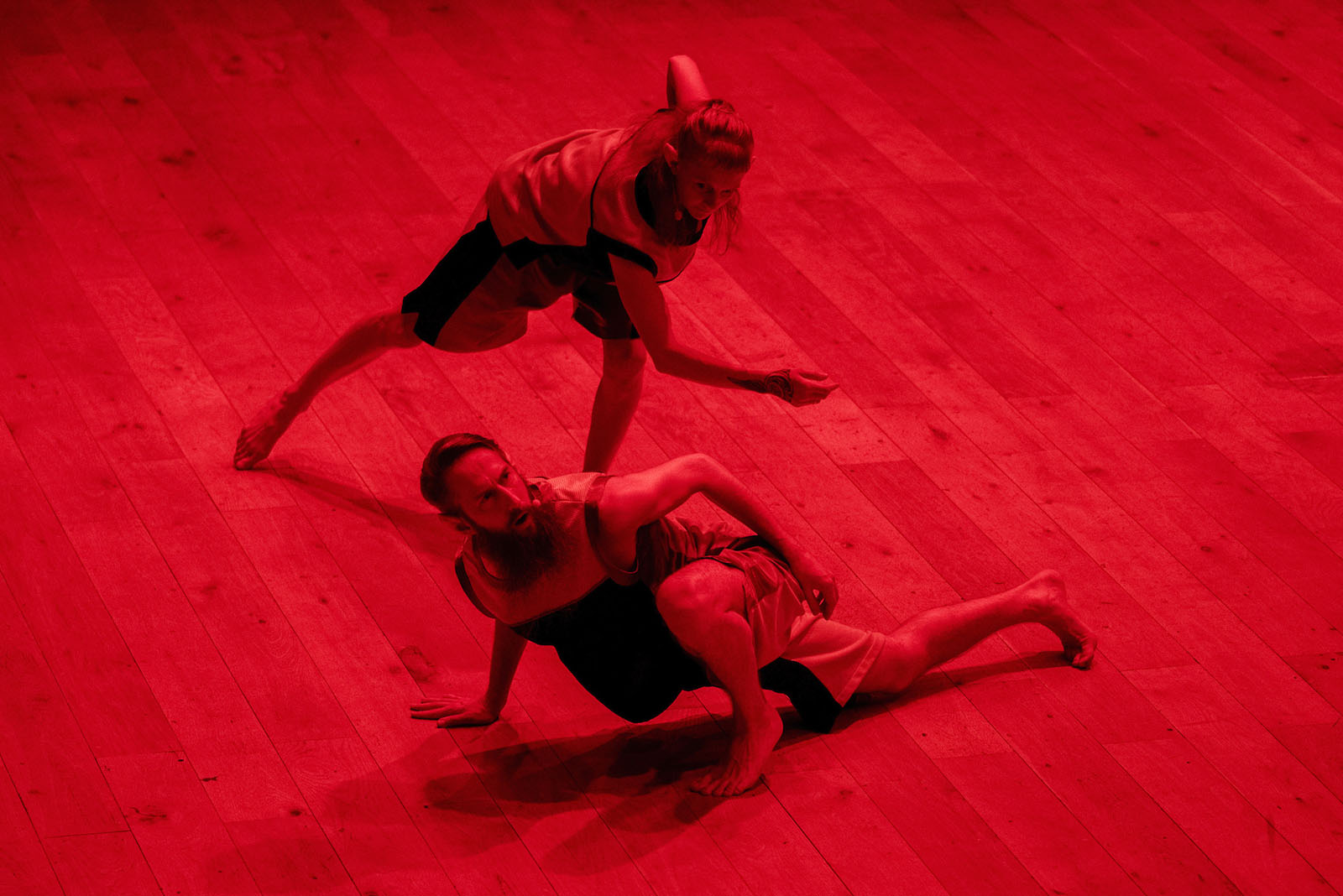Ecology of knowledges

I draw the phrase ecology of knowledges from sociologist and legal scholar Boaventura de Sousa Santos, to help articulate how and why my artistic research understands knowledges and ways of knowing to be inherently plural yet entangled with one another.
Santos discusses the ecology of knowledges in his book Epistemologies of the South: Justice against Epistemicide (2014), in which he considers epistemological orientations as keys to shaping geopolitical dynamics. Santos’ work thus offers a lens through which to reflect on ways in which the micro dramaturgy of my epistemological orientation to choreographic no-how generation resonates with the macro dramaturgy (Kerkhoven 1999) of the wider geopolitical dynamics that he analyses. The core of Santos’ argument in Epistemologies of the South is that ‘there is no global social justice without global cognitive justice’ (2014, p.42), and that, for cognitive justice to be possible, ‘there has to be equity between different ways of knowing and different kinds of knowledge’ (ibid, p.237).
Santos’ concept of the ecology of knowledges (2014, p.42) names the fundamental understanding of knowledges as always and only existing in plural, as well as describing that a movement towards global social justice depends on continually sustaining habitats for ‘intercultural dialogue and translation among different critical knowledges and practices’ (ibid). For Santos, ‘at the core of the ecology of knowledges is the idea that different types of knowledge are incomplete in different ways and that raising the consciousness of such reciprocal incompleteness (rather than looking for completeness) will be a precondition for achieving cognitive justice’ (ibid, p.212).
Many of the features through which Santos delineates what he means by the ecology of knowledges resonate with aspects of my choreographic orientation of Magic & Science and no-how generation. This choreographic orientation understands events of choreographic performance as habitats for plural and processual ways of knowing: ‘magical’ and ‘scientific’, intuitive felt-sense and reason, from a plurality of individually situated and constantly unfolding perspectives (i.e., of the performers and audience members) that are co-present within that habitat. The concept of an ecology of knowledges is a useful lens through which to illuminate an understanding of how no-how generation is embodied in the event of choreographic performance, in ways that help to constellate together its multiple different implicit aspects.
READ MORE in Section 7 of my written thesis on Macro dramaturgies and political dimensions, through the lens of Santos’ Epistemologies of the South